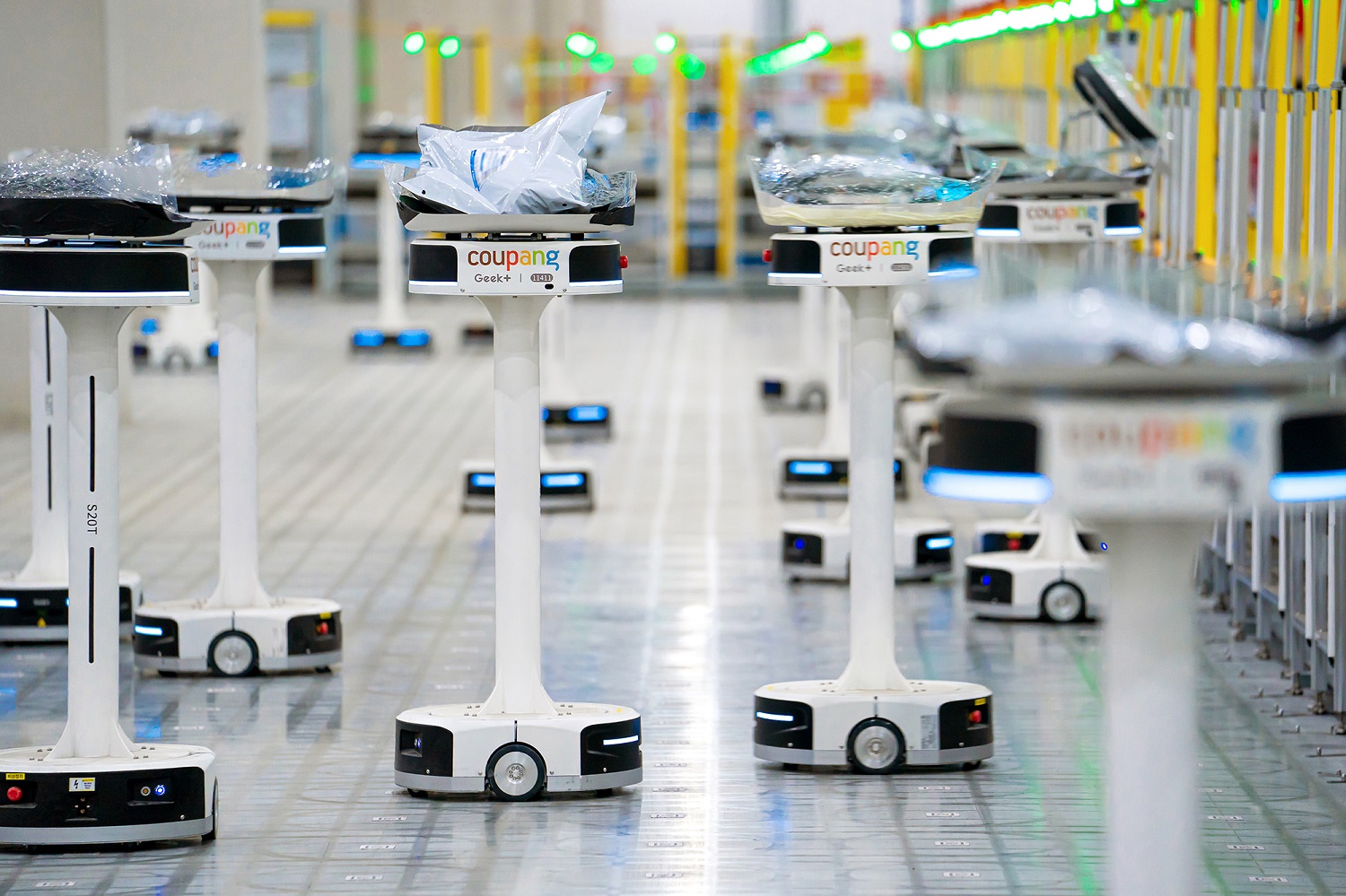
Based on Woon-sung Lee and Ji-man Jang’s academic backgrounds, you would have never guessed their entrepreneurial aspirations. Woon-sung studied at Seoul National University’s Department of Aesthetics, writing his graduation thesis on “A Reevaluation of Baumgarten’s Aesthetics—Focusing on Modern Subjectivity.” Meanwhile, Ji-man, who studied in the same department, took time off from SNU to major in vocals at the Seoul Jazz Academy for two years.
The two came up with the idea for a salad business in their college startup club, SNUSV, with the challenge to do business with 100,000 won (80 dollars). The two made salads and sold them on campus, where they first realized the tremendous demand for salads among their fellow colleagues. So, in October 2015, they opened “Sweet Balance,” a small salad shop outside SNU Entrance Station, by borrowing 70 million won (58,000 dollars). Sweet Balance turned out to be a hit, and in less than two years, they opened their second and third stores.
However, there were limits to this kind of growth. The work was very labor intensive, with the monthly revenue for one store employing 10 people only amounting to 40 million won (33,000 dollars). This left little profits after deducting for labor and other expenses. So, the duo came up with the idea of making salads in one location to distribute across the shops, and invested heavily to establish a small factory in Gasan Digital Complex. A year later, they had expanded to eight shops and eight more affiliated stores.

Despite this growth, the issue for Woon-sung and Ji-man was that the revenues still did not match their significant investments for the manufacturing facility, nor their ultimate ambitions. As millennials, they did not need much convincing to decide that online sales were the future of commerce, and quickly pivoted online. However, that’s where they met their biggest hurdle. With salads, freshness was paramount for customers, meaning that they could not rely on courier deliveries with uncertain timeframes. Were salads really a scalable business?
It was around this time that Woon-sung received a call from Coupang brand manager Hyeon-joo Kim. Hyeon-joo was looking for a company that could make a cost-effective private brand salad for Coupang to meet the explosive demand for health foods on the app. Sweet Balance had caught Hyeon-joo’s eye, as a small company that was led by two ambitious entrepreneurs. Because the founders made and sold the salads themselves, they were very proud and particular about their products. Sweet Balance agreed to manufacture Coupang’s Gomgom Salad, changing the trajectory of their company forever.

The two created four salads for mass production—cranberry sweet pumpkin salad, chicken breast salad, Cajun chicken salad, and Ricotta cheese salad. While the co-CEOs were not sure how successful their products would be, the sales spoke for themselves. In short time, they were selling thousands of products per day on Coupang, which were delivered to customers in a matter of hours through Dawn and Same-Day Delivery. As Sweet Balance’s phenomenal success became known through the industry, they received many offers from other distributors, including other e-commerce companies, convenience stores, and catering companies.
According to Sweet Balance, their sales in 2019, before their contract with Coupang, had been KRW 4.5 billion (3.7 million dollars). By 2021, they had more than quintupled their sales to KRW 25 billion (20.7 million dollars). And to cope with the incredible surge in orders, the company expanded from its 215 square meter manufacturing facility to a 5,600 square meter facility—just two months after they had debuted their products on Coupang. The company also increased the number of full-time employees from 40 to 200.
“We are so grateful to Coupang for always helping us and giving advice,” said Woon-sung. “It gave us an opportunity to grow as a manufacturer.” Specifically, the co-CEO pointed to three major benefits of working with Coupang as a small business—economies of scale, customer feedback, and process/quality control. For small businesses seeking to grow, Woon-sung is a strong proponent of the private brand path. “I think entering the PB business is helpful for small companies in the food and beverage business to break into the mass market,” said Woon-sung. “Through the PB business, we were able to gain manufacturing and price competitiveness and improve quality control. Ultimately, our own brand products increased in value as well.”









